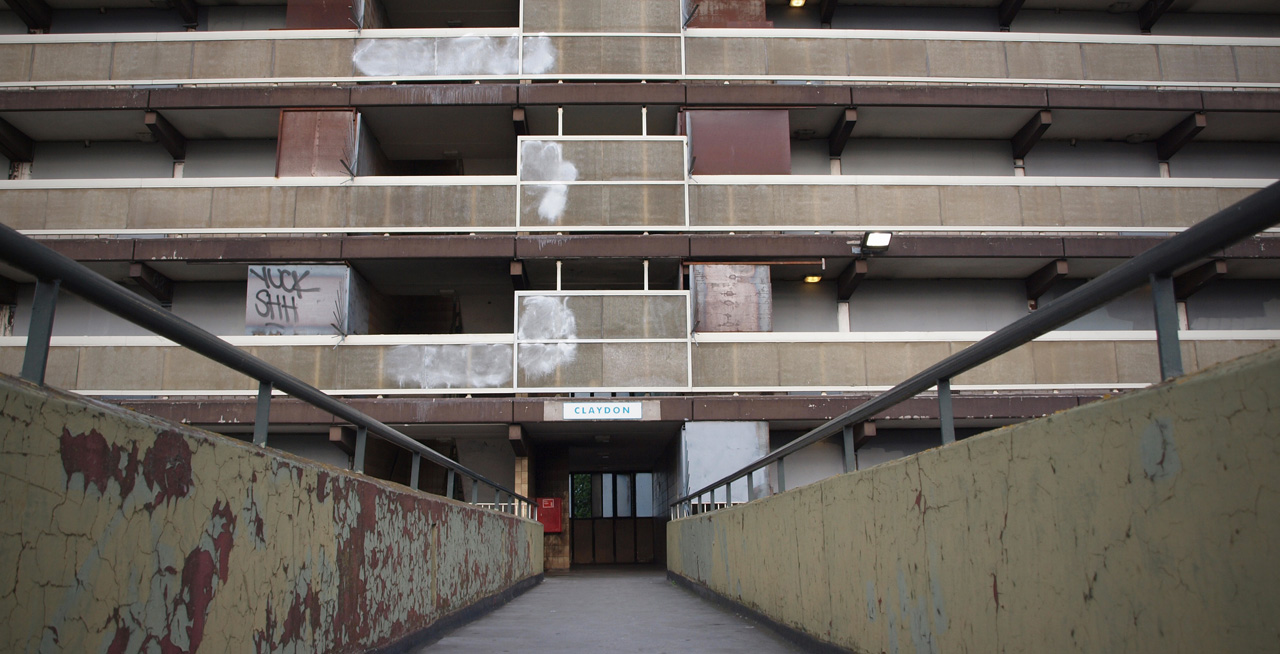Mutual benefits
Housing regeneration does not have to pit tenants against their landlords, writes Mike Owen.
When Jeremy Corbyn told this year’s Labour party conference: “Families need homes. No social cleansing. No jacking up rents. No exorbitant ground rents,” it struck a chord with many activists. And one of the most popular fringe events at the conference was Paul Ang’s film Dispossession, a film that connected with the mood of the party with its depiction of the powerlessness of communities when regeneration takes place. Many of the communities being ‘regenerated’ are themselves products of earlier removal and replacement of working class communities. In the 1950s in Merthyr Tydfil, for example, the terraced homes of iron and coal miners in Dowlais were knocked down and the people were moved to a new modern open plan council estate called the Gurnos.
Building a similar-sized estate today would be an investment of over £500m, so you have to admire the post-war governments and their municipal house builders for their financial panache in making these schemes happen. Back in 1950 there was no levering in of private finance through sales and higher rents, just the political will to improve housing conditions. But regrettably there was no political desire to share power.
Today, estate regeneration is expensive – even with John McDonnell as chancellor it seems unlikely that a future government will ever find the resources to build both the new homes we need and to replace post-war council estates that need improvements. With no immediate government finance on offer, many Labour councils have been dazzled by the prospect of cost-free regeneration with its use of private investment. This private investment is only financed from three sources: higher rents to the existing tenant if they return; new people coming into the community who will pay even higher rents and new people buying the new homes offered for open market sale. In a couple of steps the community has changed, gentrification has occurred and the latte cafes have opened.
Where land prices and rents are highest, this model works the best and it is of course in London where it works best of all. It is no surprise, then, that it is here where the opposition has been the strongest. Jeremy Corbyn has recognised that the council ballot box is not protecting tenants from the worst effects of regeneration and has proposed a direct vote for tenants when regeneration is planned. But without changes in power between landlords and tenants or massive and improbable public investment, tenants will once again be offered the zero choice between the status quo of poor housing, or regeneration and dispossession.
Many councils have lost the trust of the Labour leader and many housing associations have long since lost their social purpose and have become increasingly unaccountable to anyone but their balance sheet. But there is an alternative.
Over the last few years we have seen the emergence of a new type of mutual housing association in some of Britain’s most challenging environments: Rochdale, Merthyr Tydfil, Walsall and Lewisham. They are going back to the original social purpose of social housing and giving tenants – and in the case of Rochdale Borough Wide Homes and Merthyr Valleys Homes, employees too – real power. These new mutuals are large and can deal with the finances of complex regeneration but tenants have the power. At Merthyr Valleys, the tenants and employee members elect a representative body which sets the mutual’s vision and values and appoints, and can dismiss, the non-executive directors and the chief executive who run their housing on their behalf.
The powerlessness of communities should be one of the main points of focus of the Grenfell Tower inquiry but the terms of reference are centred on specifications, building control and fire safety control systems. All are important but would tenants with real power have made budget decisions and efficiencies at the expense of their own safety? A survey of high rise blocks found fewer than 1 per cent have sprinklers. In Wales it can be no coincidence that the only blocks of high rise flats with sprinklers are managed by the two mutual housing associations, where tenants have a built-in voice and real accountability.
If the Brexit vote, the challenges of populism and TV poverty porn series like Skint have demonstrated anything it is the real disconnect between communities and the people in power. If Jeremy Corbyn does want good regeneration schemes and a tenant voice within them then Labour will need more than money, it will also need the right vehicle. The new mutuals emerging in housing offer a real opportunity to bring tenants and employees together to make those important decisions together.

